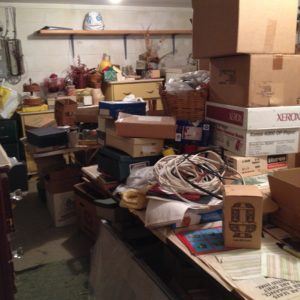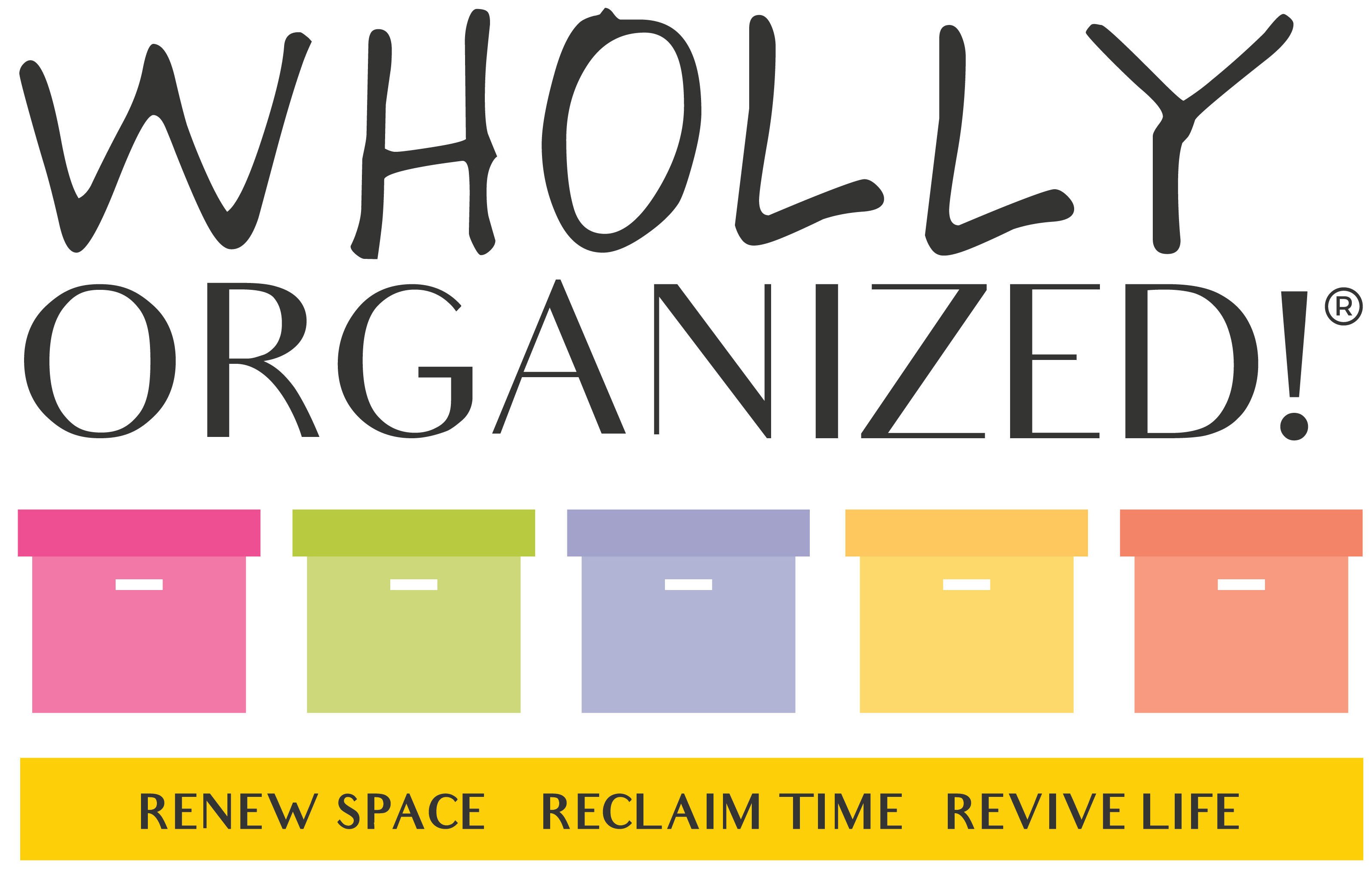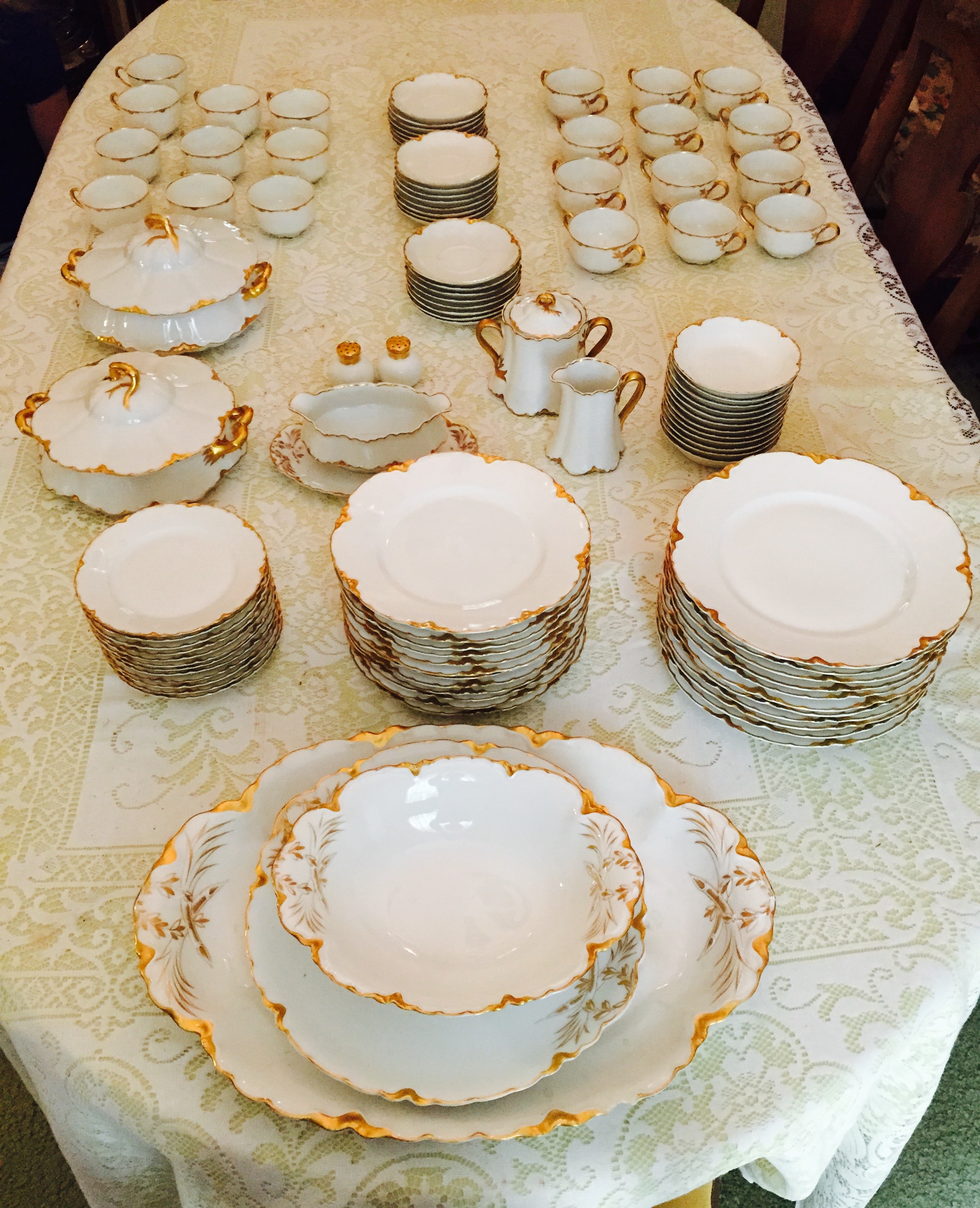February 9th, 2017
The Process of Letting Go
As a Certified Professional Organizer, I help people sort through their belongings and donate items to places that feel good to them. Of course, there are a number of reasons why people hold on to things.
Here are a few reasons people share with me:
• I paid good money for it
• It is a family heirloom
• It will be valuable someday
• It was a gift
• I might need it someday
• I am saving it for parts
On the other hand, there are a number of reasons why people choose to let go of things. Here are a few that I also hear:
• I haven’t used the thing in a long time
• I have too many of these things
• I don’t have room for this thing
• This thing is too hard to move
• It brings back bad memories
The challenges that people encounter are often fueled by guilt and fear. This may be mental clutter that is getting in the way of a life and space that you want. Here are some tips to help you work through letting go of items.
• If you feel guilty because you spent a lot of money on something that you don’t use, try to forgive yourself. Try to sell it or give it to someone who will appreciate it. Work on making more informed buying decisions next time.
• If you have dozens of your deceased mother’s knick-knacks and they are in a box or cluttering up your living room, consider choosing a select few that make you think of her fondly and donate the rest.
• For things that may be valuable, do a little eBay research or talk to an appraiser and get some facts. Ask yourself, do you want more space or do you want more clutter? Unfortunately there are fewer valuable items out there than we hope.
• Gifts are just that, gifts to you. You get to decide what you want to do with the gift after it is received. The transaction is over and you are in charge. We know the old saying “it is the thought that counts.” I doubt that Aunt Edna is coming over to see if the dish she gave you is on display.
• When a client of mine was ready to declutter, he realized that all the parts he was saving for a future project were no longer good. Try to donate things that you are not using BEFORE the items are no longer useful.
• Don’t ask yourself “could this be useful one day?” The answer will always be “yes.”

Try instead asking yourself some of the questions below:
• Would you take it with you if you moved?
• Can you get it again if you find you need it?
• Could someone use it more than you?
• How many do you have and need?
• Do you have a specific plan to use the thing in a reasonable time frame?
You have choices. I make sure that my potential clients understand that if we work together that they are in charge of the process. My role is to support, guide, and coach people through the decision making process. In addition I offer resources and suggestions on how to reach their goals. Their goal may be to maximize a closet space or make the guest room livable again.
Try to be very clear on your goals. Cut yourself some slack. Remember that letting go and de-cluttering is a process. We don’t acquire everything at once and so we need time to process our belongings and make decisions that make us feel positive.






